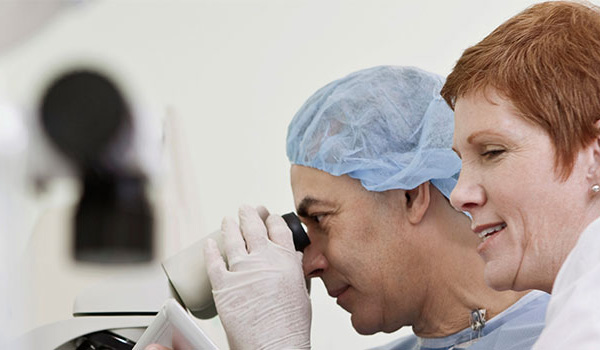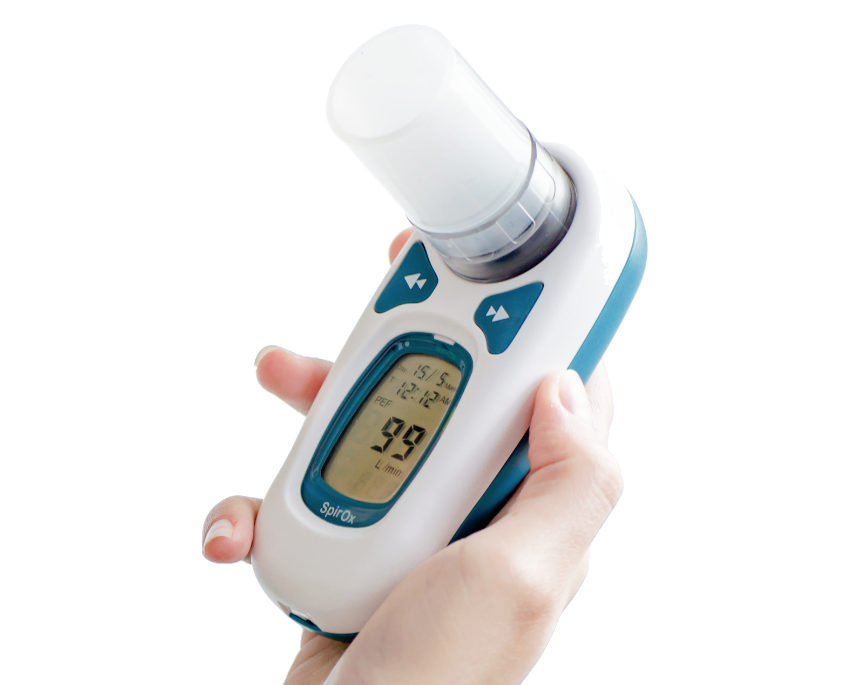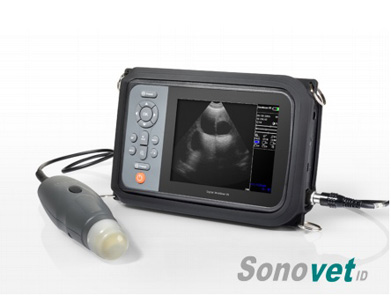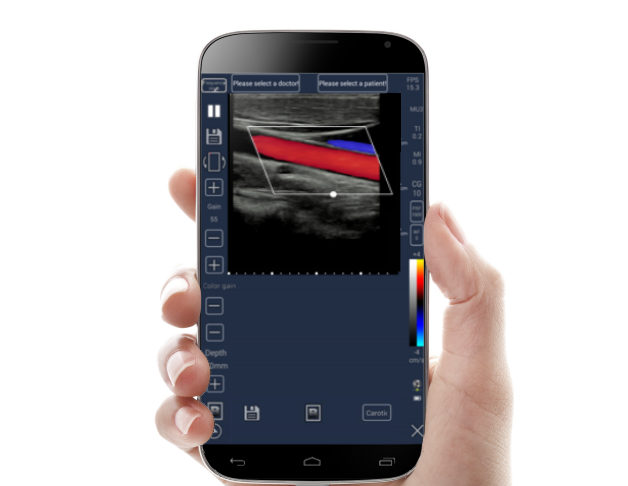What is saturation when using pulse oximeter
Human blood carries oxygen in two ways: Dissolved in plasma and attached to hemoglobin. The amount of oxygen in plasma at normal atmospheric pressure is only about 3% of total oxygen carriage. This is measured in ‘blood gases’. Since most oxygen is carried by hemoglobin, there are three factors that will influence the amount of oxygen delivery to body cells: Tissue perfusion.
·The amount of hemoglobin.
·The saturation of hemoglobin by oxygen.
Lack of tissue perfusion (shock) has a number of causes and the amount of hemoglobin is directly measured in lab. Oximetry will not detect hemoglobin levels; therefore it is used only for monitoring saturation.
If all hem molecules bind with an oxygen molecule (O2), then total body hemoglobin is fully saturated (100% saturated). When breathing air (21% oxygen), it is rare for hemoglobin to be fully saturated. But the high affinity of hem for oxygen causes near-total saturation of arterial blood in health: usually about 97%.
As hemoglobin unloads oxygen to tissues (at capillary levels), intracapillary hemoglobin saturation progressively falls. Normal venous saturation is about 75%. The high affinity of hem for oxygen inhibits uploading of oxygen when saturation is low, so the margin between ‘healthy’ saturation levels (95-98%) and respiratory failure (usually 85-90%) is narrow. If oxyhemoglobin is low (below 90%) inadequate amounts of oxygen will reach body cells!
Meditech Equipment Co.,Ltd is part of Meditech Group. Product(s) described may not be licensed or available for sale in all countries. Sonotech, Sonovet, iSonic, FOs2pro, Dolphi, Defi, HeartRec,miniScan,Cardios,SpirOx,iBreath, Meditech and all corresponding design marks are trademarks of Meditech. The symbol indicates the trademark is registered. Patent and Trademark Office and certain other countries. All other names and marks mentioned are the trade names, trademarks or service marks of their respective owners. Please see the Instructions for Use for a complete listing of the indications, contraindications, warnings and precautions.
Legal notice
Terms and conditions
Cookie policy
Privacy Policy
Professional organisations
Careers
















